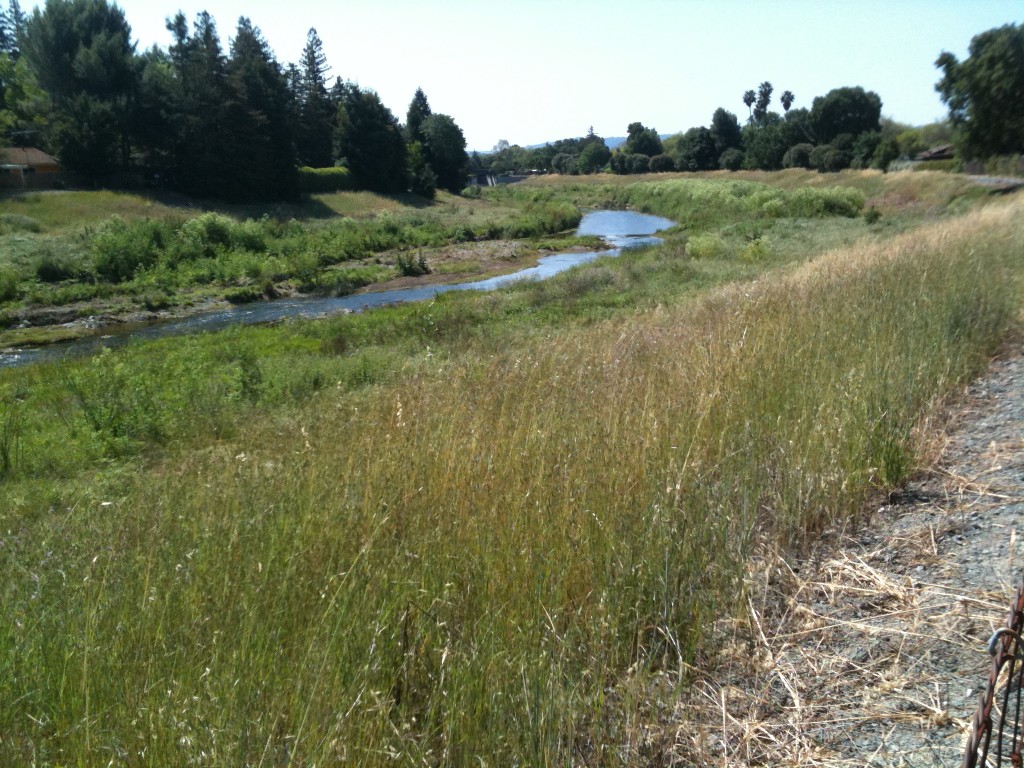
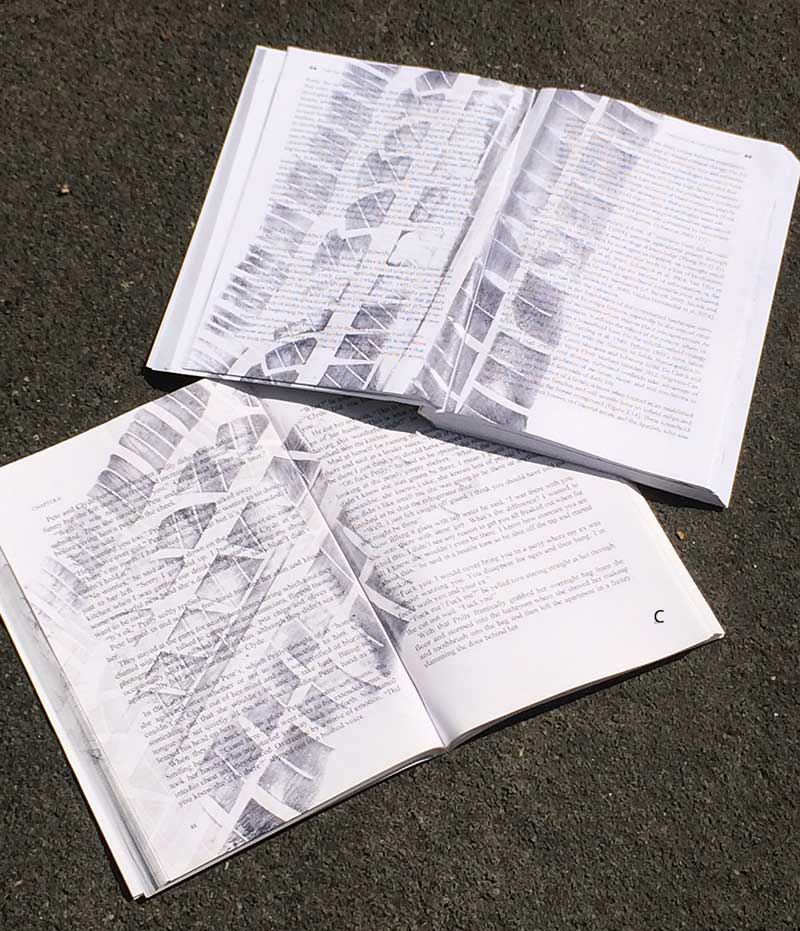

Mitch’s Blog
Deep in the Weeds
Monday, January 24, 2022
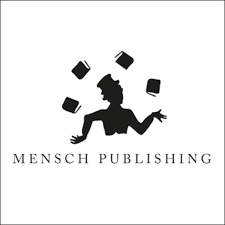 Richard Charkin is one of the superstars of publishing. Former head of Macmillan, Holtzbrinck, and Blooomsbury, President of the International Publishers Association, a fellow at Oxford, etc. Upon his retirement in 2020, he decided to start his own small press, Mensch Publishing. Here’s someone who went from the Bloomsbury boardroom-- a company with close to $200 million in annual sales, offices on four continents, publishing 2000 books a year with a staff of 500-- to a one man operation where he had to do everything from sorting the mail to fixing a cranky laptop. He has produced a series of articles about the experience and the retooling involved when you don’t have a staff to do all that stuff that goes on deep in the weeds.
Richard Charkin is one of the superstars of publishing. Former head of Macmillan, Holtzbrinck, and Blooomsbury, President of the International Publishers Association, a fellow at Oxford, etc. Upon his retirement in 2020, he decided to start his own small press, Mensch Publishing. Here’s someone who went from the Bloomsbury boardroom-- a company with close to $200 million in annual sales, offices on four continents, publishing 2000 books a year with a staff of 500-- to a one man operation where he had to do everything from sorting the mail to fixing a cranky laptop. He has produced a series of articles about the experience and the retooling involved when you don’t have a staff to do all that stuff that goes on deep in the weeds.
As someone who had launched two presses of my own from scratch, I was amused by his writings. From his blog, I could see some of his rookie mistakes he was making and knew he had to make them if he wants to succeed. While broad publishing strategy and policy can be created on the 15th floor, the work of a publishing house takes place in those deep weeds. Don’t ever think I didn’t appreciate those pointy-headed copyeditors or the part-time journals subscription manager who did her work between taking her daughter to soccer and choir practice. Charkin hopefully will learn this too.
I’ve spent a years on the phone, in person, on email, or exchanging letters via post (sic) with authors guiding them through the publishing process, answering their often-boneheaded questions, cheering them on to completion, threatening dire consequences to their careers if they don’t turn in their manuscript by a week from Tuesday. They were deep in the weeds and needed a path out. After all those decades and those thousands of interactions, I’ve got publishing down to a (very inexact) science. Then I jumped over the fence to the other side and landed in the weeds.
I became an academic author.
 What did this same relationship look like from that side? Would my expertise in publishing help me navigate the roles of writer, editor, and partner with a publisher? What would I discover about being an author when I dove deep enough?
What did this same relationship look like from that side? Would my expertise in publishing help me navigate the roles of writer, editor, and partner with a publisher? What would I discover about being an author when I dove deep enough?
It’s not like I haven’t been an author. My CV has a couple of dozen articles about publishing, archaeology, and ethnic dance. I even wrote a book about publishing. So, in theory, I’ve seen every side of the fence there is to see and studied the weeds from tops to roots. But the things I published were almost always invited by someone who wanted to fill in that corner of their publication that they thought I knew something about. Lesson #1: It’s easier to get published when you’re being courted.
In addition to changing my role, I also changed fields. True, my project was archaeological. I have a diploma on the wall that has that same hard-to-spell word. Both of my presses published an awful lot on that topic. But as a publisher I was a professional dilettante, a generalist. Having (usually) read at least part of the manuscripts sent my way, I could spout off a few informed-sounding lines on ground penetrating radar, the Chaco phenomenon, ancient starch, or heritage management. Even publishing in fields I know nothing about, like qualitative research or sociology, publishers are given an aura of expertise, though I never conducted a qualitative study and squeaked by (and hated) my undergraduate sociology class. My best defense for the misapprehension of expertise is keeping my mouth shut and being a good listener. “What are you working on?” has always been my pickup line.
I hadn’t published anyone’s books on Central Asian archaeology prior to starting to write about it myself. I couldn’t dilettante that field well nor did I have a network to help me toward publishing opportunities. I was finally in the position where I had to treat being an author like, well, being an author. Being the expert on my topic and navigating my way through writing and publishing my scholarship.
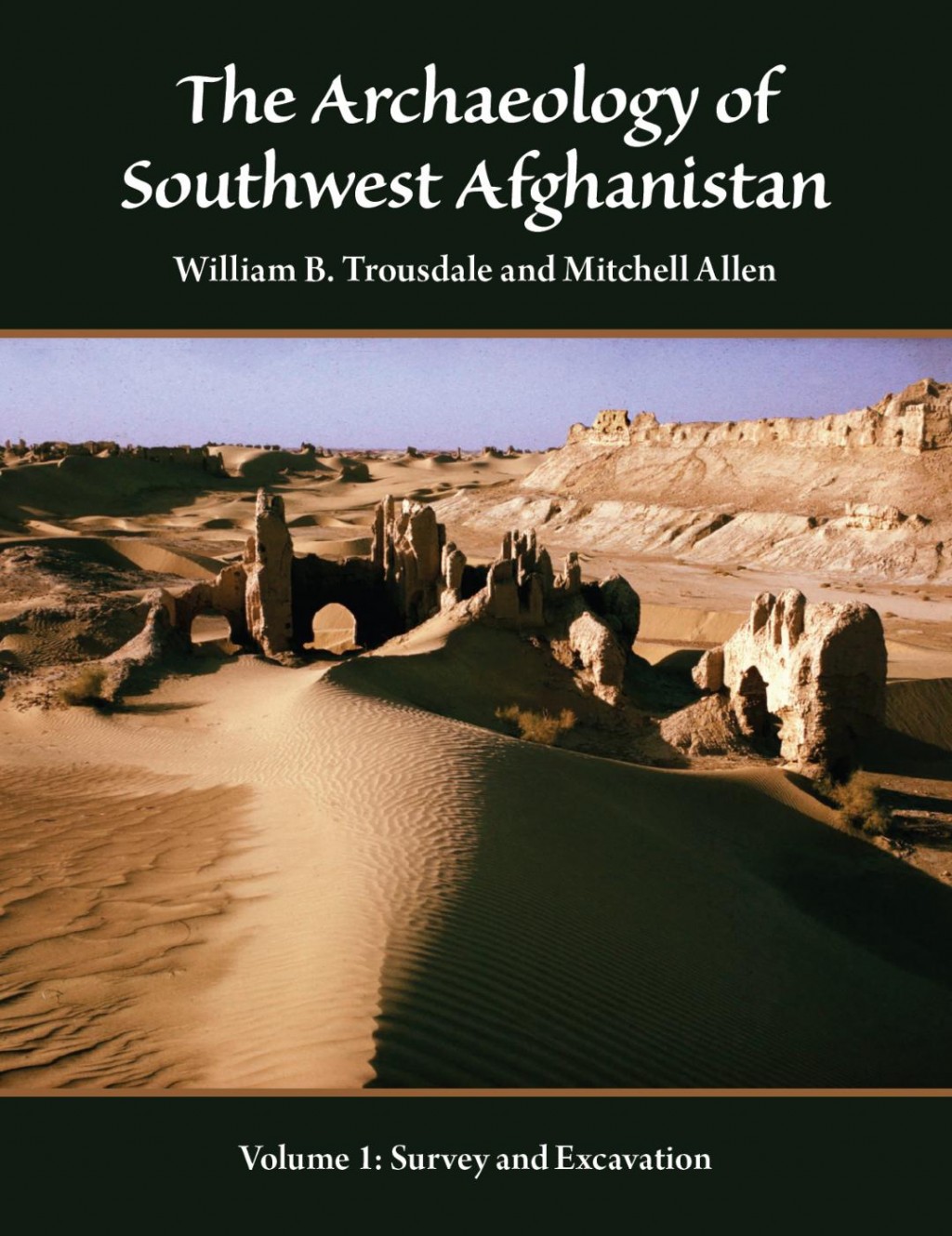 And what a topic! The major book I’m writing, now in production with Edinburgh University Press, summarizes a survey project that spanned 40,000 square km of southwest Afghanistan and covered 5,000 years of history. We uncovered 200 different archaeological sites from many points along that timeline. I only spent two seasons on this project in my early 20s. That was almost 50 years ago. The knowledge base required for understanding the material we uncovered ranged from BMAC stamp seals to Ghaznavid palace architecture to Parthian ceramics to Hellenistic horse figurines.[1] There are experts on each and every one of these topics and a written literature by those experts. I was an expert on none of the topics and a newcomer to the readings, even in cases where the literature wasn’t in Farsi or Russian. It didn’t take long to understand that being a publisher/dilettante didn’t work well when talking shop with people who had spent the last 40 years pondering one aspect of this topic.
And what a topic! The major book I’m writing, now in production with Edinburgh University Press, summarizes a survey project that spanned 40,000 square km of southwest Afghanistan and covered 5,000 years of history. We uncovered 200 different archaeological sites from many points along that timeline. I only spent two seasons on this project in my early 20s. That was almost 50 years ago. The knowledge base required for understanding the material we uncovered ranged from BMAC stamp seals to Ghaznavid palace architecture to Parthian ceramics to Hellenistic horse figurines.[1] There are experts on each and every one of these topics and a written literature by those experts. I was an expert on none of the topics and a newcomer to the readings, even in cases where the literature wasn’t in Farsi or Russian. It didn’t take long to understand that being a publisher/dilettante didn’t work well when talking shop with people who had spent the last 40 years pondering one aspect of this topic.
My goal has become simply not to embarrass myself.
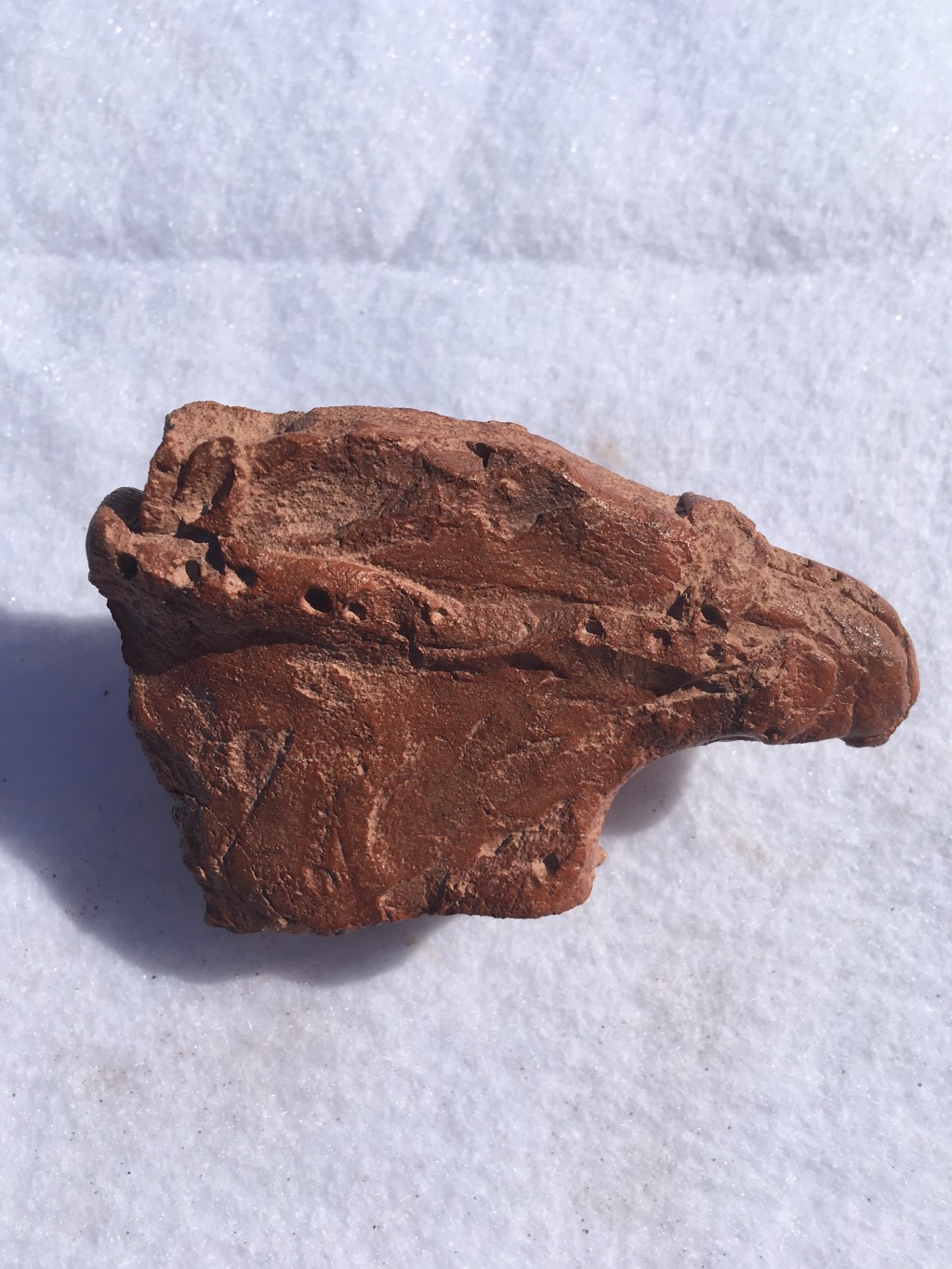
- Writing is never over. Every time I look at a newly drafted paragraph, a copyedit, the proofs, or a printed article there are always things that I think can be improved. I haven’t yet seen a piece I have written that I can say is ever done. “Turning in the manuscript” is simply an artifice of deadlines or exhaustion.
- Those little detail things that I, as a publisher, considered just the “clean up” the author needed to quickly do to finish the manuscript, are a lot more time consuming when you actually have to do them.
- Gauging time frames, one of the constant demands from a publisher, is not as easy as I thought. I kept promising “a couple of weeks” to finish the manuscript. It turned into six months.
- Working with a publisher who is communicative, flexible, and informative is a great help to the writer. I wonder now how often I exhibited those characteristics when I was looking into the weeds from above.
- Most of the suggestions I gave authors in my workshops about publishing was actually good advice! I’ve used these principles with great success since becoming an author.
There will be much more about the publishing journey to come from an author mired deep in the weeds. Stay tuned for future installments.
© Scholarly Roadside Service
[1] BMAC is short for the Bactria Margiana Archaeological Complex, the Bronze Age civilization that grew up in what is now Turkmenistan, eastern Iran, and Afghanistan. The Ghaznavids were a short-lived Afghanistan dynasty following the rise of King Mahmud of Ghazni in the 10th century. The Parthians were the main competitors to the Romans in the first few centuries CE based in Iraq and Iran. Hellenism was the influence of Greek language, art, and culture that pervaded the Middle East after the conquests of Alexander of Macedon and gives its name to the centuries after Alexander (300-100 BCE). Now you know.
Back to Scholarly Roadkill Blog
Scholarly Roadside Service
ABOUT
Who We Are
What We Do
SERVICES
Help Getting Your Book Published
Help Getting Published in Journals
Help with Your Academic Writing
Help Scholarly Organizations Who Publish
Help Your Professional Development Through Workshops
Help Academic Organizations with Program Development
CLIENTS
List of Clients
What They Say About Us
RESOURCES
Online Help
Important Links
Fun Stuff About Academic Life


